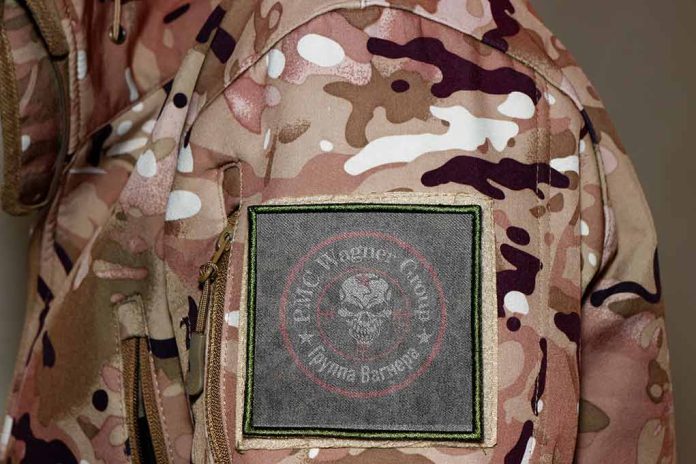
It seems the “invincible” Wagner Group has found itself in a bit of a pickle in Mali. Who would have thought that meddling in African affairs could backfire? Apparently not the Kremlin’s favorite mercenaries. Let’s dig into why this matters to us, dear patriotic readers. This isn’t just about some far-off skirmish; it’s about the global chess game of influence, and a significant piece just got knocked off the board.
The Ambush: A Brutal Wake-Up Call
Recent reports from Mali paint a grim picture for the Wagner Group. A rebel coalition claims to have killed dozens of soldiers and Russian mercenaries in a well-coordinated attack. The numbers are staggering: up to 80 dead, according to appeals made to Vladimir Putin himself. This isn’t just a minor setback; it’s a devastating blow to Russia’s attempts to expand its influence in Africa.
The attack highlights the volatile nature of the region and the risks associated with mercenary operations. It also raises questions about the effectiveness of Russian military contributions in stabilizing the area. If the Wagner Group, touted as an elite force, can suffer such losses, what does that say about Russia’s broader strategy in Africa?
The Fallout: Strategic Implications
The massacre in Mali doesn’t just affect the Wagner Group; it has far-reaching consequences for Russia’s entire African strategy. The loss of experienced personnel and the potential loss of face could make it harder for Russia to maintain its foothold in the region. This setback could embolden other rebel groups and make African nations think twice before aligning themselves with Russian interests.
“It is difficult to say whether this was a planned destruction of the Wagner PMC, but the fact [is] the Russian military command uses the Wagnerites as living meat.”
This quote by Oleksander Kovalenko, an expert on the mercenary group, suggests that the Wagner Group might be seen as expendable by Russian leadership, potentially affecting morale and future recruitment efforts. It also raises questions about the sustainability of Russia’s current approach to expanding its influence in Africa.
The Bigger Picture: A Shifting Balance of Power
The heavy losses suffered by the Wagner Group in Mali are more than just a local incident; they represent a potential shift in the balance of power in Africa. With the U.S. and other Western nations already vying for influence in the region, this setback for Russia could open up new opportunities for competing powers to step in.
Moreover, the incident shines a spotlight on the ethical concerns surrounding the use of mercenary groups in conflict zones. The UN has previously raised alarms about the Wagner Group’s activities in Mali, with UN high commissioner for human rights, Volker Türk, stating:
“These are extremely disturbing findings. Summary executions, rape and torture during armed conflict amount to war crimes and could, depending on the circumstances, amount to crimes against humanity.”
This latest incident may add fuel to international calls for greater scrutiny and regulation of private military companies operating in conflict zones.
Sources:
- Dozens of Russia’s Wagner mercenaries massacred in Mali ambush
- Rebel coalition in Mali claims to have killed dozens of soldiers and Russian mercenaries
- Wagner Leader Appeals to Putin after Mali Ambush Leaves 80 Dead
- Russia’s Wagner says it took losses in heavy fighting against rebels in Mali
- Mali rebels say they killed and injured dozens of soldiers, Wagner mercenaries in fighting
- Dozens of Russian Mercenaries Killed in Attack in Mali
More from Around the Web:
In-depth analysis from Willy OAM:
https://youtu.be/lkKzMy1rzW4?si=OcHKXzriYgNdibOy
A glimpse into Russia’s influence in Africa:
https://globalsecurityreview.com/russias-influence-in-africa-understanding-the-big-picture/






















